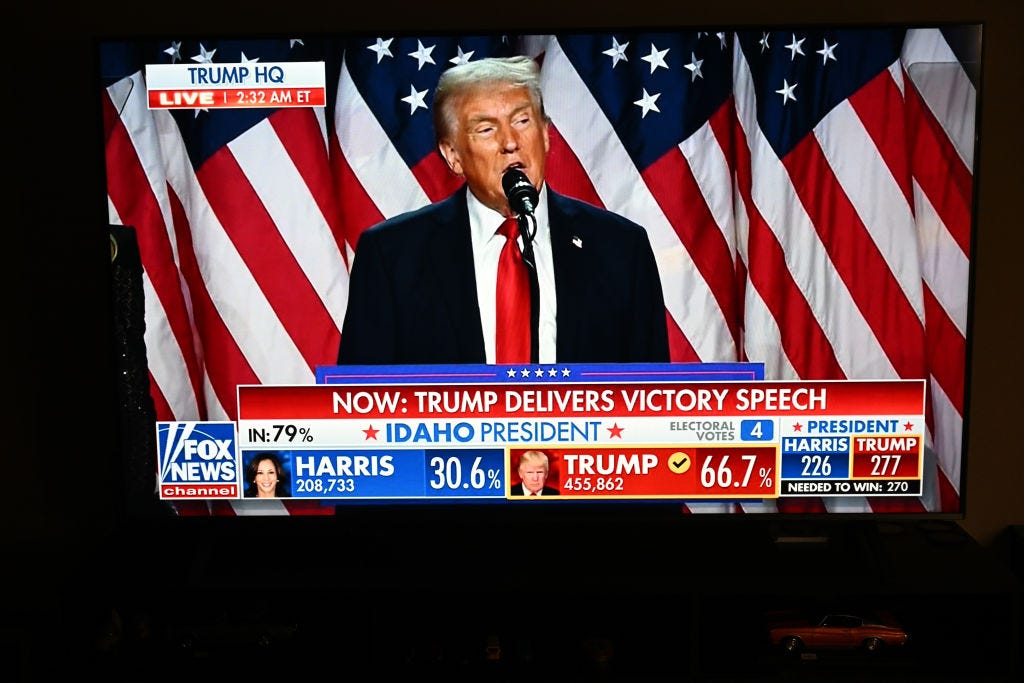TODAY: Join us live with Ruth Ben-Ghiat
At 12:30 Eastern, we talk to the historian of fascism about resistance, resilience, and the way forward in the Trump era. Join us!
Join us today at 12:30 p.m. Eastern for a Substack Live conversation with Ruth Ben-Ghiat, the historian of fascism (and please check out and subscribe to her newsletter, Lucid).
To watch, download the Substack app and turn on notifications.




